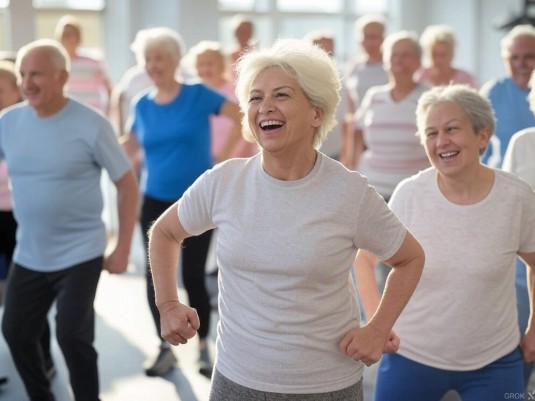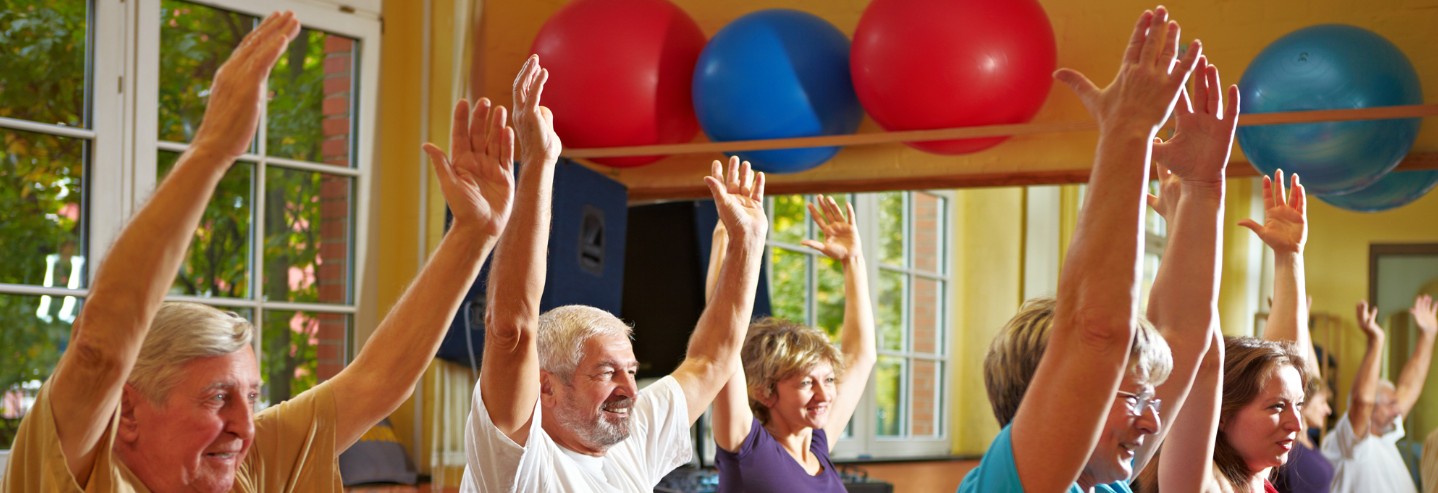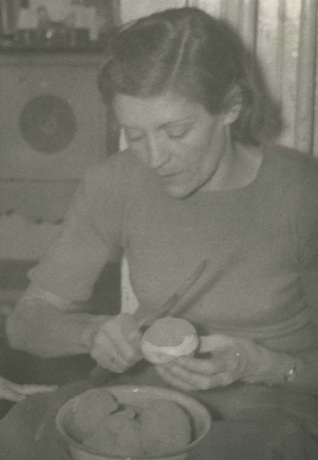Physical Health Improves Mental Heath
Retirement is a significant life transition, and like any change, it can stir a mix of emotions. While many anticipate freedom and relaxation, others may face unexpected challenges like loneliness, loss of purpose, or even anxiety about the future.
Embrace a Routine
After retiring many find themselves, essentially, falling into one sort of rut or another: “What do I do with myself now that I’m not working?
Of course, this usually comes when the afterglow of newly felt freedoms are fulfilled: downsizing, relocation, sleeping in, travel, visiting family, et al. However, for most, when the anticipation of day-to-day living takes over, most find the need to develop some regular, enjoyable activities to occupy their time and allay boredom and tedium.
There are as many options as their are retirees, and each has its benefits.
According to WebMD — when you develop a regular routine:
- Your stress level will fall.
- You’ll sleep better.
- You’ll enjoy better health.
- You’ll be happier.
Too much unstructured time can lead to feelings of aimlessness, anxiety, and depression, which is overcome by creating a flexible routine filled with meaningful activities
Lifelong Learning
Alzheimer’s disease is one of the primary fears we have as a senior citizens, however. Engaging your mind is just as important as staying physically active.
Personally speaking, I opted for educational activities. Take a class, pick up a new hobby, or dive into topics you’ve always been curious about. There are many examples of those in their senior years returning to college, trade schools, and numerous online classes.
Why? Because they always wanted to excel in areas where the never had the opportunity: i.e., speaking a foreign language, learning how fly a plane, writing a stories or even a book, or something as simple as knitting, wood-working, quilting, household maintenance.
Hilda Lassalette (age 97): Author and an inspiration to others.
Just because we’re older, does not mean we can’t be much better or excel at those things we always wanted to accomplish.
Post-secondary Institutions: Many public colleges and universities offer reduced or free tuition for adults over the age of 55 or 60. While some schools allow seniors to pursue degrees, others open up space in classes for aging adults to audit. Continuing education departments usually offer an array of subjects, from photography to ancient history, so chances are that your loved one will find classes that will pique their interest. (Institute On Aging)
Another example that is close to home for me is my older brother who is now in his mid-eighties. Always a hero to me, he wished to be a country music singer and guitar player for as long as I remember. To both his surprise and ours, after he retired he found many friends with the same dream.
To this day they play and sing together several times per week, entertaining at senior citizens’ homes, veterans’ homes, a few clubs, local fairs and other venues.
Mental health and physical health are deeply connected
One of the many benefits of Medicare and health insurances for the aging is the fact that they want you to stay healthy! Consequently, most all health insurances will offer something along the line of Silver Sneakers, Silver&Fit or others.
With them you will find offerings both for in-person gym memberships, and online home exercise routines like: yoga, stretching, strength training, spin-cycling, pilates, Tai Chi, and much more.
Exercise releases feel-good endorphins that improve both mood and cognition. The more you sit, the further you sink, and everyone’s likely heard the term “couch potatoes.”
The strongest motivator you can have is telling yourself, “If I am going to live longer, then I want to live better.” Which can only be done if we have the strength to do so.
- When someone feels physically strong and capable, it can boost self-esteem and confidence, which helps us to have a more positive outlook and greater emotional resilience.
- Exercise, as mentioned, releases endorphins that act as natural mood lifters. Depression often accompanies aging, and exercise helps combat depression, stress, and anxiety
- As odd as it may seem, remaining physically active will improve sleep quality, boost your energy levels and add to your sense of accomplishment—all of which contribute to mental well-being.
- Regular, daily walks, if nothing else, helps improve our outlook on life. You might even make a few friends as you meet others that are out there as regularly as yourself. If nothing else, it help clear the mind and improve the mood.
It’s not just a theory; there’s plenty of evidence backing up the idea that taking care of your body can have a direct and positive effect on your mind, so keep the thought handy, “When physical health isn’t prioritized, mental health is directly impacted.”
Tips from the experts
- Stay Active Daily: Engage in light exercises like walking, stretching, or chair yoga to boost mood, energy, and mental clarity. Choose the activities you enjoy and make them part of your routine.
- Keep Learning: Pursue continuing education or hobbies that challenge your mind—whether it’s taking a class, learning a new skill, or exploring creative outlets. Staying mentally engaged enhances cognitive health and emotional fulfillment.
- Listen to Your Body: Adapt activities to your comfort level, and remember that consistency matters more than intensity. Celebrate small victories—they’ll keep you motivated and mentally positive.
- Prioritize Social Movement: Combine physical activity with social interaction by joining fitness classes or walking groups. Connecting with others amplifies the mental health benefits of staying active.

-
Remembering Ed Vrona – 104 Years Of WisdomOctober 1, 2024
-
Is Social Security Socialism?September 13, 2024
-
From Brick and Mortar to Modular Quarters – The Cost of RetirementOctober 26, 2024
-
The Valley of the Shadow of DeathMay 15, 2025
-
Senior Centers—Not Old People CentersMay 13, 2025
-
The Last Time I Saw My Mother—She Was DeadMay 12, 2025
- No comments have been published yet.

Leave A Comment Cancel reply
You must be logged in to post a comment.











